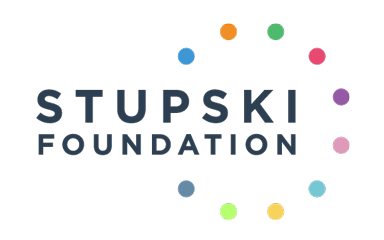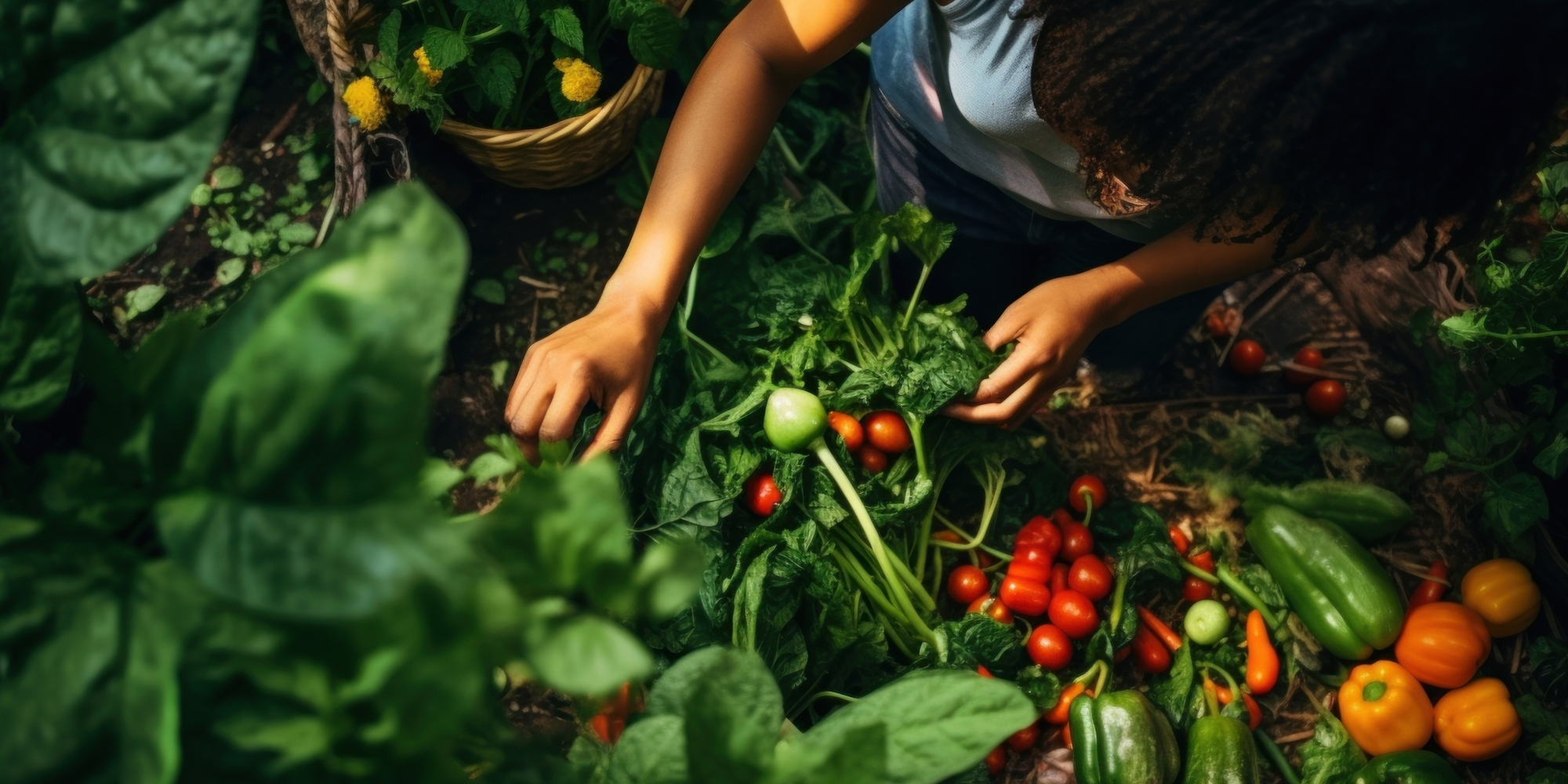August 29, 2023
Aileen Suzara and Ari Datta
Food is our most intimate and powerful connection to each other, to our cultures, and to Earth. To transform our food system is to take one giant step toward healing our economy, our bodies, and our environment.
—HEAL Food Alliance
It’s the end of summer. In Hawai‘i, water protectors fight for clean waterways, while beloved communities pull together to recover from unprecedented fires. In California, farmers protect seeds and harvest crops to feed their communities amidst heatwaves and floods that uprooted livelihoods. It’s clear that we cannot return to business as usual. Instead, as funders, we have an opportunity to uplift communities on the front lines that are championing policies that protect people and Earth, recovering heritage crops, and restoring healthy relationships with the land.
We must ask ourselves when updates to our grant-making strategy are needed based on community wisdom, opportunities, and local leaders’ calls to action. In solidarity with community-led visions of change, we commit to weaving food justice and food sovereignty into Stupski’s funding partnerships.
Looking Back, Looking Forward
Like many funders, Stupski historically chose to partner with nonprofits working within a more traditional approach to food security. These included partnerships with programs that reduce hunger and increase dignified choice and access to nutritious foods. Over time, our grant-making has incorporated a neighborhood strategy, partnering with community-based organizations (CBOs) taking the lead on food security solutions.
The COVID-19 pandemic put the critical role of CBOs and nutrition programs into sharp view. Many people faced new challenges with fewer resources and options for meeting basic needs of food, shelter, health, and safety. Anchor organizations, neighborhood CBOs, mutual aid networks, and safety net programs were and remain vital to holding communities together and advancing the call for basic needs.
Food security organizations continue to provide services to residents, even as they face dwindling pandemic funding. Programs such as SNAP and Double Up Food Bucks are proven lifelines. Advocates today are calling for stable federal funding to ensure continued access to these resources. Protection and expansion of safety net programs are needed to provide better care for all.
The pandemic also exposed the underlying fragility of our food systems and the root causes that perpetuate food insecurity in the first place. This fragility reflects a current food system that is broken by design, shaped by centuries of colonization, racism, and industrialization.
Those most impacted by the inequities in our food systems are closest to the solutions to heal them. As funders, this means we must listen—and redistribute resources—to the work guided by those on the ground. This work can look like farmers growing diverse, heritage crops like ‘ulu to feed future generations and adapt to a rapidly changing climate. We witness this with youth sharpening their advocacy skills, joining their voices to shape food, housing, and environmental priorities in the world they will inherit. Restoring a healthy food system calls for community control of land and how their food is grown, distributed, and shared. Restoring a healthy food system also highlights ancestral and traditional food and ecological practices as vital to future resilience. Communities continue to practice and pass down that knowledge, which endures today.
Toward the Future
At the heart of this work, we are guided by the belief that all people have the right to healthy, just, and culturally affirming food. The food systems we all depend upon are vast, complex networks that nourish communities, impact every aspect of our daily lives, and can catalyze care and joy. We see Stupski’s embrace of a food justice lens as a bridge, one that connects strands of our original focus to our current priorities of food justice.
In doing so, we hope to honor the work of the past, support change in the present, and cultivate resilience for the future.
Meet Our Food Justice Team
 Aileen Suzara is the director of food justice at Stupski Foundation. Aileen weaves into this role her background in public health nutrition, in environmental justice, and as a cultural foods practitioner. She is dedicated to cultivating partnerships with communities leading the way toward a more equitable and healthy food system for all.
Aileen Suzara is the director of food justice at Stupski Foundation. Aileen weaves into this role her background in public health nutrition, in environmental justice, and as a cultural foods practitioner. She is dedicated to cultivating partnerships with communities leading the way toward a more equitable and healthy food system for all.
 Ari Datta is the food justice program coordinator at Stupski Foundation and a master’s candidate in Food and Agriculture Law and Policy at Vermont Law and Graduate School. An advocate for just and sustainable food ecosystems, Ari is committed to making equitable labor the status quo across the food system.
Ari Datta is the food justice program coordinator at Stupski Foundation and a master’s candidate in Food and Agriculture Law and Policy at Vermont Law and Graduate School. An advocate for just and sustainable food ecosystems, Ari is committed to making equitable labor the status quo across the food system.


